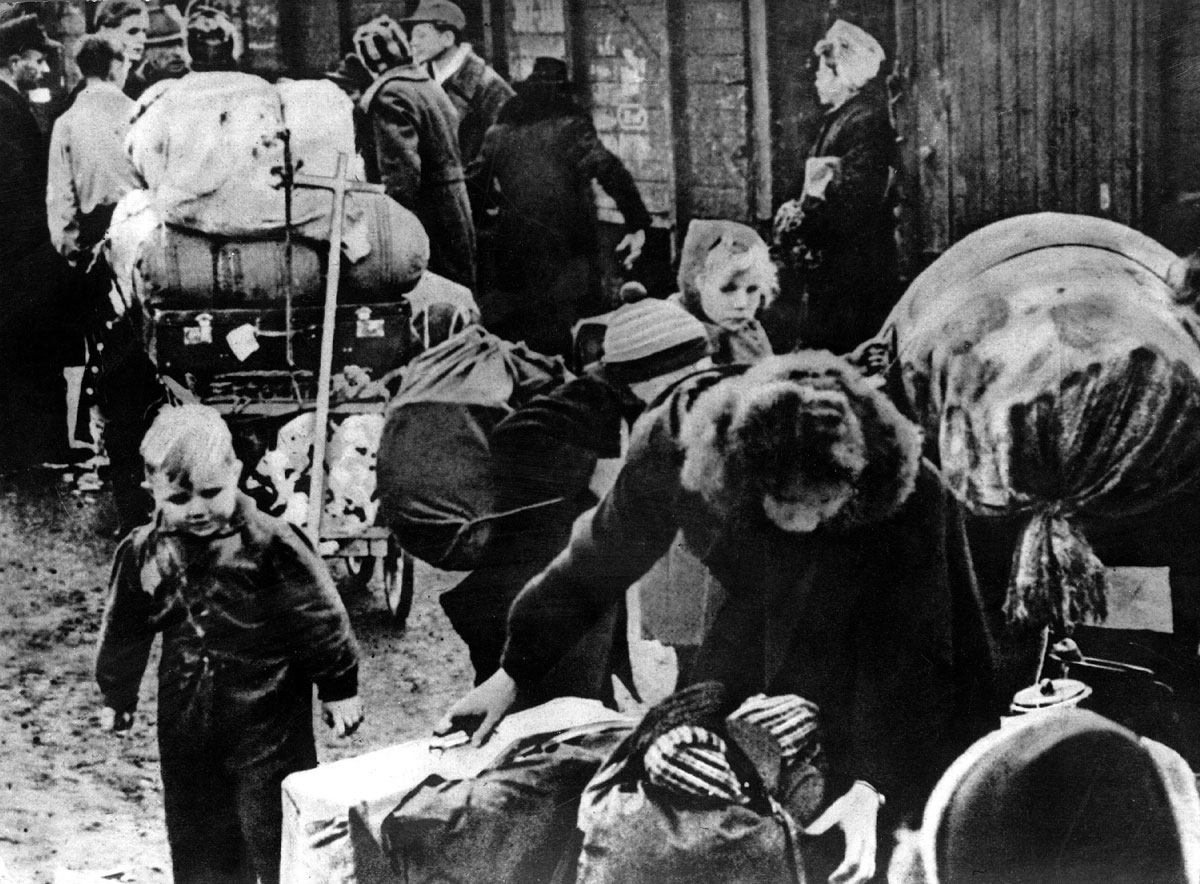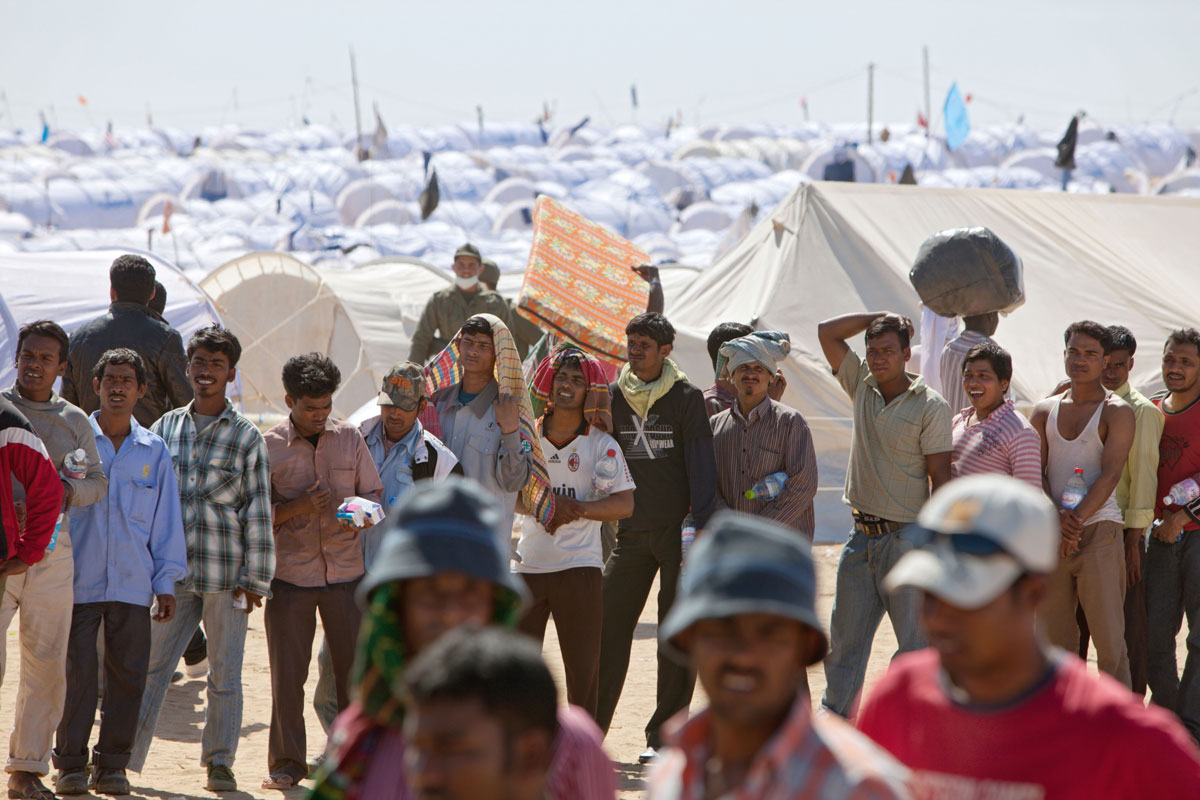The poet W. S. Merwin once said “What you remember saves you”. The Holocaust Memorial Day helps us to remember what happened and to celebrate those who spent their lives for people in need.
GREAT SPEECH
(Level B2.2) – Gideon Hauser “In the name of 6 million accusers”
Download a lesson from our “Great Inspiration”
THE STORY OF SIR NICHOLAS WINTON
(Level B1.2)
WARM UP: Watch the trailer of the brand new movie “One life” and complete the table:
- WHO IS THE PROTAGONIST?
- WHEN DID THE STORY TAKE PLACE?
- WHAT HAPPENED?
- WHY DID HE DO THAT?
Divide the class into groups and let them research for 15 minutes:
GROUP 1 – HISTORICAL CONTEXT
DOC 1 – ANIMATED MAP
DOC 2 – CZECHOSLOVAKIA DURING WWII
After researching prepare a digital poster to present the historical situation of the land at the beginning of the second World War.
GROUP 2 – SIR NICHOLAS WINTON IN PRAGUE
DOC 1 – THE RESCUE OF CHILDREN
DOC 2 – STATUE IN PRAGUE
DOC 3 – IN HIS OWN WORDS
After researching prepare a digital poster to present the figure of Sir Nicholas Winton.
GROUP 3 – CHILDREN IN BRITAIN
DOC 1 – KINDERTRANSPORT
DOC 2 – HE BECAME EVERYBODY’S GRANDFATHER
After researching prepare a digital poster to present the Kindertransport organized.
POETRY
(Level B2/C1) – Refugee blues by W.H.Auden
WARM UP: Consider the title of the poem and the pictures below Who is a refugee? Find differences and similarities between the two pictures (refugees today and refugees during WWII)


Say this city has ten million souls,
Some are living in mansions, some are living in holes:
Yet there’s no place for us, my dear, yet there’s no place for us.
Once we had a country and we thought it fair,
Look in the atlas and you’ll find it there:
We cannot go there now, my dear, we cannot go there now.
In the village churchyard there grows an old yew,
Every spring it blossoms anew:
Old passports can’t do that, my dear, old passports can’t do that.
The consul banged the table and said,
“If you’ve got no passport you’re officially dead”:
But we are still alive, my dear, but we are still alive.
Went to a committee; they offered me a chair;
Asked me politely to return next year:
But where shall we go to-day, my dear, but where shall we go to-day?
Came to a public meeting; the speaker got up and said;
“If we let them in, they will steal our daily bread”:
He was talking of you and me, my dear, he was talking of you and me.
Thought I heard the thunder rumbling in the sky;
It was Hitler over Europe, saying, “They must die”:
O we were in his mind, my dear, O we were in his mind.
Saw a poodle in a jacket fastened with a pin,
Saw a door opened and a cat let in:
But they weren’t German Jews, my dear, but they weren’t German Jews.
Went down the harbour and stood upon the quay,
Saw the fish swimming as if they were free:
Only ten feet away, my dear, only ten feet away.
Walked through a wood, saw the birds in the trees;
They had no politicians and sang at their ease:
They weren’t the human race, my dear, they weren’t the human race.
Dreamed I saw a building with a thousand floors,
A thousand windows and a thousand doors:
Not one of them was ours, my dear, not one of them was ours.
Stood on a great plain in the falling snow;
Ten thousand soldiers marched to and fro:
Looking for you and me, my dear, looking for you and me.
POEM ANALYSIS:
Listen to the poem.
Focus on the condition of refugees and on the three key elements of this poem:
● PERPETRATORS
● VICTIMS
● SPECTATORS
BRITISH AND IRISH HEROES OF THE HOLOCAUST
(Level A2/B1)
There are many people who helped during the second World War. Have a look at their stories and fill in the table:
- WHO IS HE/SHE?
- WHERE DOES HE/SHE COME FROM?
- WHAT DID HE/SHE DO?
- WHERE WAS HE/SHE DURING THE WAR?
HERO 1: MONSIGNOR HUGH O’FLAHERTY
HERO 2 AND HERO 3: IDA AND LOUISE COOK
HERO 4: PRINCESS ALICE OF GREECE (the most difficult among the heroes – level B1.2)

